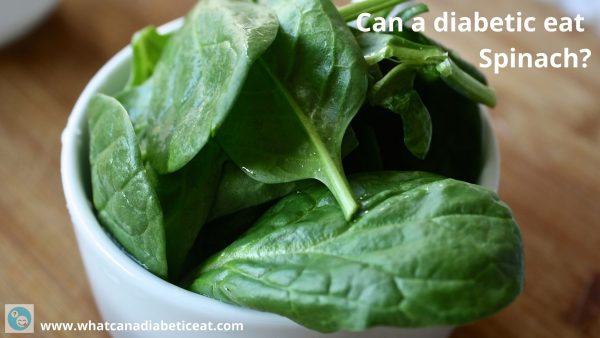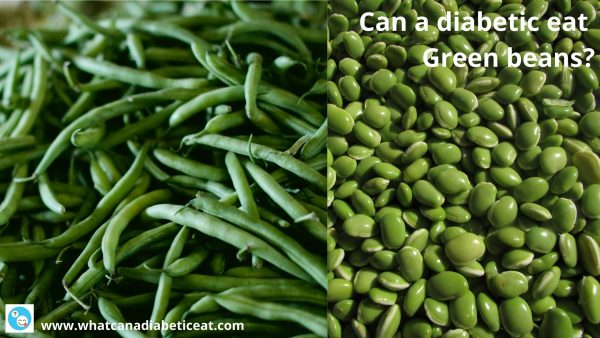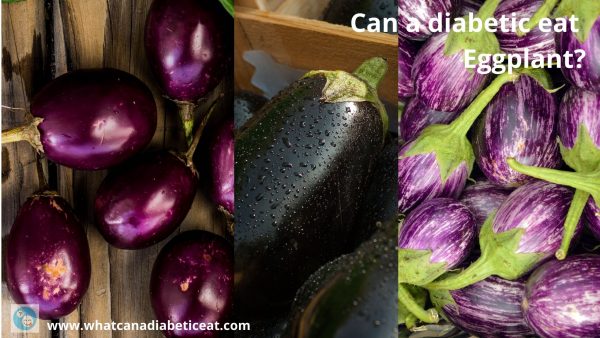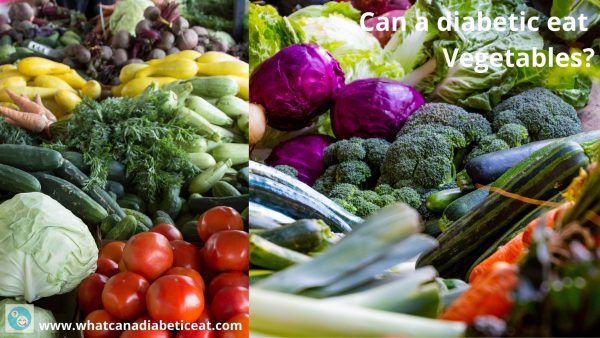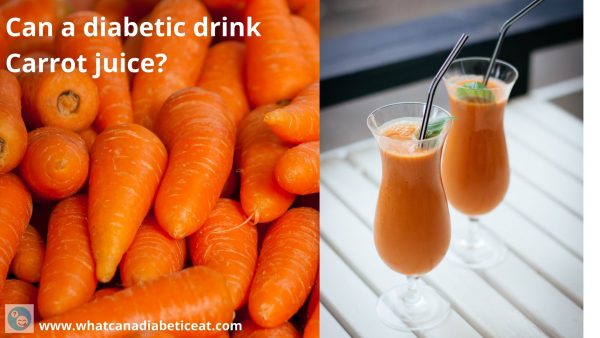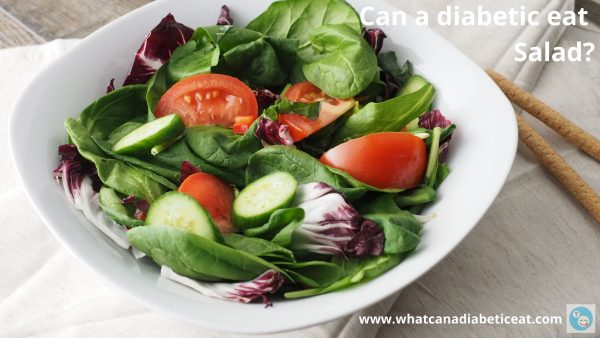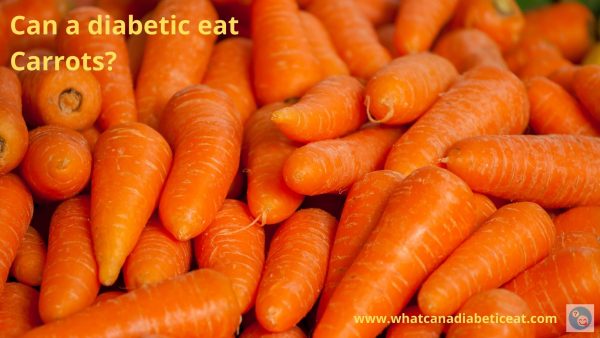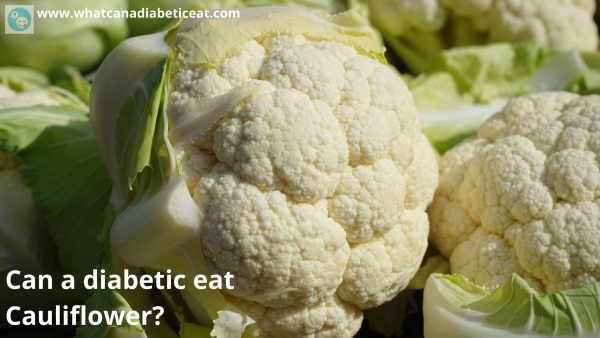Can a diabetic eat Watercress? Yes, a diabetic can eat watercress as it is healthful and does not raise blood sugar levels. Watercress is one of the super foods a diabetic can eat. Being high in vitamins, minerals and antioxidants etc. watercress offers large number of health benefits. Diabetics can add some watercress on top […]
Can a diabetic eat Spinach?
Can a diabetic eat Spinach? Yes, a diabetic can eat spinach daily with no fear of diabetes complications. Spinach has a low glycaemic index (GI) which means eating spinach will not raise blood sugar levels seriously. A diabetic can eat the non-starchy green delight called spinach in moderate to large portions. Spinach does not normally […]
Can a diabetic eat Green beans?
Can a diabetic eat Green beans? Yes, a diabetic can eat green beans daily as a source of great nutrition. Green beans have low glycaemic index (GI) and do not cause spikes in blood sugar levels. Eating green beans regularly helps regulate blood sugar levels, manage diabetes and prevent diabetes complications. Green beans are low […]
What are the best Vegetables for diabetics?
What are the best Vegetables for diabetics? The best vegetables for diabetics are those that provide essential nutrition while not raising blood sugar levels. Diabetes need all the best nutrients that vegetables can provide. So, diabetics must eat vegetables as part of daily diabetic meals. However, we do not want vegetables to raise blood sugar […]
Can a diabetic eat Eggplant?
Can a diabetic eat eggplant? Yes, a diabetic can eat eggplant as it is low in carbohydrates and calories. Eggplant does not make you gain weight or raise blood sugar levels. Some studies found eggplant can be effective in controlling diabetes or regulating blood sugar levels. Solanum melongena is the scientific name for eggplant. Other […]
Can a diabetic eat Vegetables?
Can a diabetic eat Vegetables? Yes of course a diabetic can eat vegetables. Vegetables form a major portion of any healthful diet plan. This is true for a diabetic meal plan too. Vegetables are always widely included in planning diabetic meals. In fact, a diabetic must eat plenty of some vegetables. Vegetables are the main […]
Can a diabetic eat Pumpkin?
Can a diabetic eat Pumpkin? Yes, a diabetic can eat pumpkin in moderate portion. Pumpkin has positive impact on a diabetic’s health. Though pumpkin contains carbohydrates, eating single portion of pumpkin per meal can help regulate blood sugar levels. Complex carbohydrates present in pumpkin help regulate blood sugar levels. Pumpkin has a glycaemic index (GI) […]
Can a diabetic drink Carrot juice?
Can a diabetic drink Carrot juice? Yes, a diabetic can drink carrot juice. Carrots are nutritious and hence can promote well-being. Diabetics are generally nervous about spikes in blood sugar levels after eating carrots or drinking carrot juice. It is true that carrots are high in sugar and so is carrot juice. But all the […]
Can a diabetic eat Salad?
Can a diabetic eat Salad? Yes, a diabetic can eat salad. However, it is important to keep the salad diabetic friendly. Salads are a great way to keep a diabetic well nourished. Adequate attention must be paid to the ingredients as any foods high in carbohydrates or sugar can cause blood sugar spikes. A salad […]
Can a diabetic eat Kale?
Can a diabetic eat Kale? Yes, a diabetic can eat Kale with no fear of blood sugar spikes or diabetes complications. Kale is one of the vegetables that are low in sugar. Other vegetables with low sugar include spinach, celery, broccoli, lettuce etc. Kale is also high in antioxidants which is great for your well-being. […]
Can a diabetic eat Carrots?
Can a diabetic eat Carrots? Yes, a diabetic can eat carrots in moderation as part of daily diabetic diet. Carrots are sweet to taste as they have natural sugar. However, the amount of sugar or carbohydrates in carrots is not higher than many other vegetables. People generally perceive carrots as high in starch or sugar. […]
Can a diabetic eat Cauliflower?
Can a diabetic eat Cauliflower? Yes, a diabetic can eat cauliflower as it does not cause any spikes in blood sugar levels. Cauliflower has a low glycaemic index (GI) which makes it very suitable for diabetics. Moreover, cauliflower is rich in fibre. High fibre means you feel full for longer after eating cauliflower and you […]


